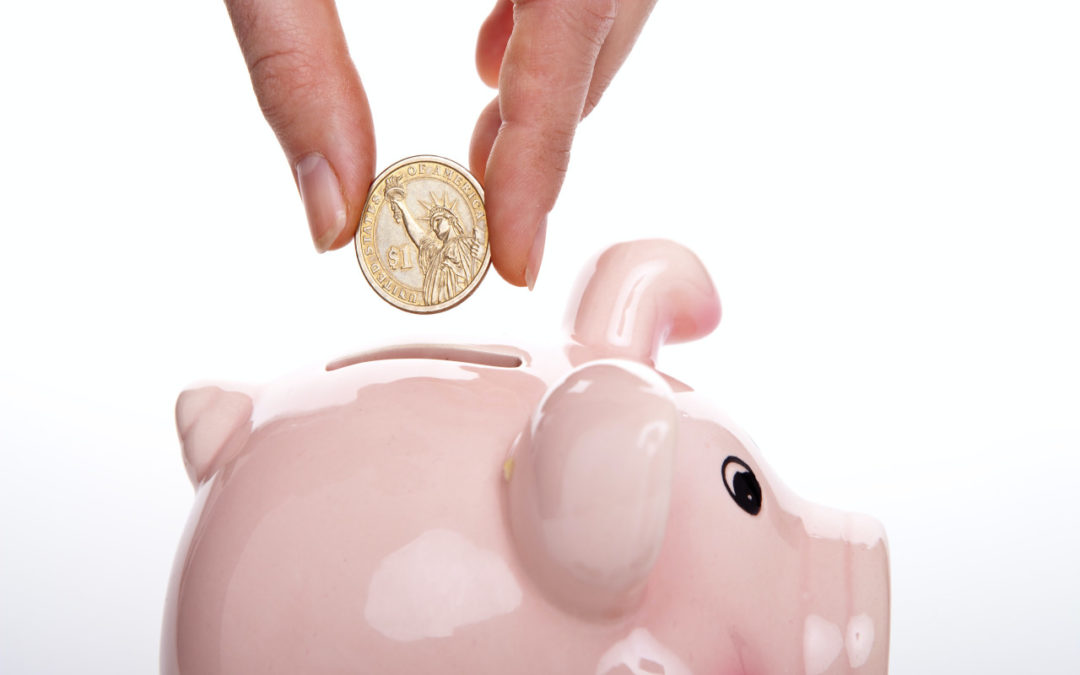It’s important to regularly review your finances and budget to ensure you’re staying on track. While budget-busters such as gas prices are completely out of your control, other things affect your budget that you can take control of.
Here are twelve easy ways to make your money stretch further:
- Take a bottle of water and a snack wherever you go. You won’t be so tempted to stop for high-dollar fast food, snacks, or drinks.
- Buy in bulk. Household staples such as paper towels, toilet paper, shampoo, cleaning supplies, as well as peanut butter, dried fruits, nuts, canned goods, and spices can be purchased in bulk at a much cheaper price.
- Learn to cook. One of the easiest ways to save money is by dining at home on nutritious home-cooked meals. Skip the dine-in, take-out, and frozen prepared meals and instead learn to cook. You can make delicious homemade meals for a fraction of the cost of the alternatives.
- Use your freezer. Freezing or canning what you don’t use right away is a good way to shave more than a few dollars off your monthly grocery budget. Preparing food in large quantities and freezing the leftovers in individual servings is also great to come home to after a long day. Just pop the meal in the microwave and presto! You have a hot, home-cooked meal in minutes. If there are not enough leftovers for a meal, freeze it anyway. You can turn a lot of small portions into a great weekly soup or casserole.
- Use coupons. You don’t have to take couponing to any extreme to save money. Just watch your local newspaper and check online coupons or manufacturers’ websites when making your grocery list. Consider shopping at stores that offer to double the coupon to save twice as much.
- Disinfectant wipes and paper towels are handy, but they aren’t a necessity. Instead, use cloth napkins purchased from yard sales or make your own with that fabric you’ve had squirreled away in the attic.
- Lower your water bill by catching rainwater to water your plants and reusing water used to boil potatoes and pasta. When shampooing your hair, shaving, and brushing your teeth, turn the faucet off until you need it again.
- Unplug all ‘vampire electronics’ when not in use. Electronics such as DVD players, coffee makers, extra clocks, TVs and radios, cell phone chargers, etc., suck power even when not in use. Using power strips can make turning these off a snap.
- Adjust the thermostat on your water heater. The default setting on most hot water tanks is 140 degrees Fahrenheit, but the Department of Energy recommends that a tank be set at 120 degrees. This could save you up to 10% on your monthly bill.
- Wash your laundry in cold water, and the line dries your clothes. Not only will this cut your energy consumption but it will also lengthen the life of your clothing.
- Don’t be afraid to shop at thrift stores and consignment shops. Often you can find gently worn clothes for pennies on the dollar. Buy items that are versatile and can be worn during casual everyday outings and in more professional settings. Mix your finds with a few new items, and you can have a great-looking wardrobe for little cost.
- If public transportation is available, consider using it. This will give your wallet a much-needed break from automotive upkeep and high gas prices. If it isn’t available, look for carpooling opportunities, shop at places within walking distance, and plan your outings where you do all your shopping at once instead of making several short trips.
Small changes really can make a huge impact on your budget. It’s not hard to make your money stretch if you put your mind to it. And best of all, once you get in the habit of doing them, you won’t even miss the more expensive things.


